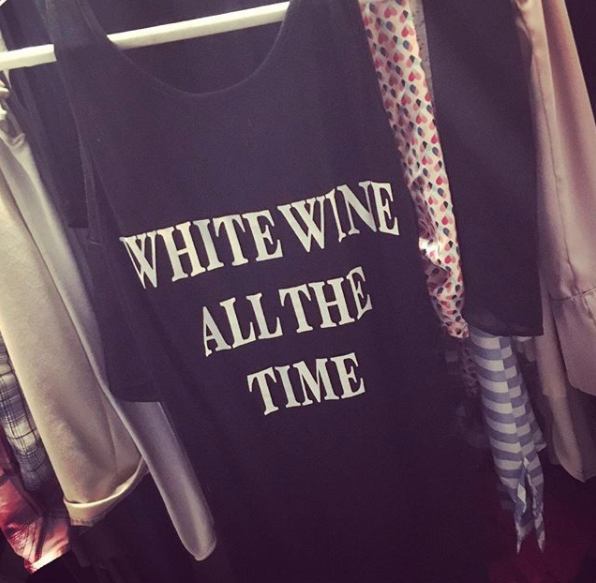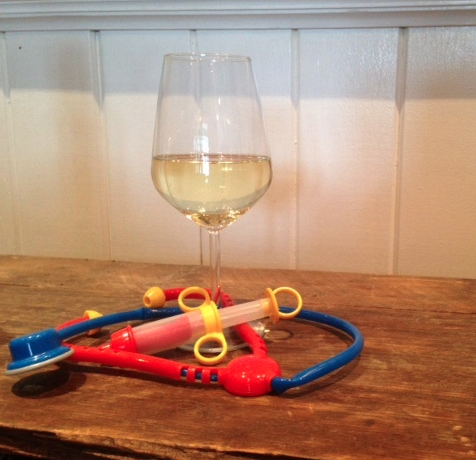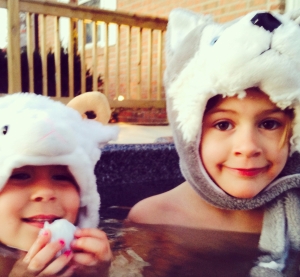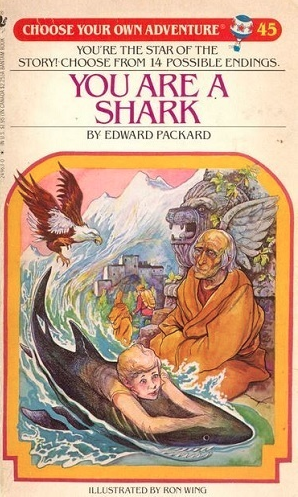One thing that’s been made clear to me over the past year of #MeToo is that every woman has a story.
Every.
Single.
One.
Somehow, I got to be 45 years old without realizing that every woman I know can tell me about a time when she was touched, grabbed, fondled, catcalled, rubbed, exposed to, kissed, held down, forced to perform oral sex, or raped.
One friend’s boss got handsy with her on the dance floor of a dark and sexy club. Another was held down and forced into sex by an ex-boyfriend when she stopped by his apartment to pick up her stuff. Another was just 15 when she woke up with a teammate’s hands down her pants after she fell asleep watching a movie in a hotel room with a dozen other people.
I knew all of these stories and yet I didn’t really know them. I didn’t know them as a reality, a pattern, a sickness.
In each instance I asked my friend about her behaviour. Not to assign blame, but to try and understand what happened.
Tell me everything, now tell me again. Are you sure that’s what happened, because that doesn’t make sense. You didn’t ask for it.
Because if we understand we have a hope of preventing it in future, right?
Wrong.
I didn’t understand that nothing women do in terms of their own behaviour will ever stop sexual assault and sexual harassment, because it’s not about us.
What’s also wrong is not calling that friend the next day to see how she’s feeling. Wrong is assuming she’s fine and that she’d rather forget the whole thing. Wrong is not encouraging her to talk about what happened. Wrong is agreeing with her that saying nothing is probably for the best.
I was wrong about all of it.
Instinctively I knew this but still, I couldn’t really accept it or understand it. I had my own story but assumed my circumstances were probably so vastly different from yours or hers or that girl’s that it didn’t occur to me to link them, to share, to tell you I understood that feeling of being betrayed and violated, of feeling alone, confused, ashamed and in the wrong despite being victimized by someone who – obviously – should have known better.
So to any woman who sized me up and found me wanting in the “supportive ally” department, I am truly sorry. I have no defence other than, I simply didn’t know. I didn’t know that we’re not only similar, but allies and colleagues, counterparts in the same giant, fucked up club.
So how come I didn’t know?
Growing up in the 1970s and ‘80s meant believing “we’ve come a long way baby”, but for every Melanie Griffith “Working Girl” heroine there were a dozen Magnum P.I.-esque swimsuit models who believed their objectification and Tom Selleck’s come-ons were just part of the job, the burden of being beautiful. It was so pervasive I didn’t even know it was happening, like the frog in the pot, the one who barely notices when the temperature reaches the boiling point.
A woman who grew up during the depression once told me about a group of older boys who would give her a pencil every time she let them put their fingers inside her. She was around eight or ten years old, she couldn’t remember exactly. This happened behind the school, the school she needed the pencils for because her family couldn’t afford them.
I used to think my dance floor friend had nothing in common with the friend who was raped. Now I think we’re all part of a big, blurry continuum of experiences that speak to a universal truth about growing up female:
that every woman has a story.
Today I finally understand that what happens isn’t the point. The fact that it does happen, to every woman, in every place, every day is the fucking point.
You know what else is gross and utterly abhorrent? When I heard about an assault, regardless of degree, I used to mentally assign it to a lower category of awful if they knew the guy. And if that’s not messed up, I don’t know what is. Like, somehow we’re supposed to be LESS upset because a man we KNOW did this to us? Is this what hundreds (thousands?) of years of inequality and mansplaining and feeling less than has taught us? Or are these coping mechanisms, stories we tell ourselves to make it easier to recover?
But we don’t ever completely recover, do we? We carry those memories and feelings into every future relationship, be it intimate or professional. We remember how it felt to trust and be so taken aback and shocked when that trust was betrayed.
We remember what it’s like to lie awake wondering why that happened to us, to wonder what signals we were giving off that led to his behaviour; to obsess about what we’ll do differently so it never happens again. We remember the anger and shame over being victimized and to wonder (with rage), so that’s who I am now, a victim?
I now know that my experience, despite being personal and individual, is also universal. And with that I understand why we don’t talk about what happened to us, why we suffer in silence; why, despite knowing all our friends have a story we don’t talk openly about our experiences even with each other.
I may not have known, but other women did. Other women knew they were far from the only ones. Other women knew sexual assault – regardless of degree- was at epidemic proportions. Other women knew sexual harassment in the workplace was as common as casual Fridays. Other women knew coming forward meant having to prove you were assaulted, and not a single one of them needed a Supreme Court confirmation to tell her she wouldn’t be believed or vindicated. “Trust but verify” seems like a pretty sensible mantra but when it comes to women’s accusations of sexual assault, all bets are off.
Despite staying silent about my own experience, I still wondered why women didn’t report. At the time, I lacked the courage to say the words, and the fortitude to see it through. I knew once it was “out there” I couldn’t take it back and that my life would be turned upside down. I decided to try and forget about it, to stay quiet, which is what many abusers count on.
But mostly I stayed silent because I felt like I was the only one this had ever happened to. Surely if others experienced this there would be a groundswell of angry voices? Surely we’d be talking about this with each other? Surely it wouldn’t be a secret?
I didn’t add my voice to the initial #MeToo chorus because I thought it was too personal to talk about. I couldn’t have articulated this thought at the time but deep down I didn’t expect the movement to go anywhere, to become a social justice crusade whose fires are fanned every few days and weeks with fresh revelations and allegations. I had no idea the scope of the problem and therefore underestimated what I hope is #MeToo’s power to produce real change.
Because here’s what I do know: sexual assault and sexual harassment are almost never about sex. They are about power, inequality and adherence (or not) to traditional gender roles. Men don’t touch, rape or otherwise assault us because they can’t control themselves sexually. Many of them do it because they want to communicate their dissatisfaction with a woman’s (or women’s) place in the world. Some do it because they’re our boss, or because differences in race and class have taught them they’ll probably get away with it.
I might be slow on the uptake on a lot of things regarding sexual assault, but I’m starting to understand the scope of the problem and the reasons behind the burning, simmering rage that existed long before #MeToo brought it into the open. Because without this understanding, without this appreciation for the reasons and the depth and the details, we will never change the course of history and improve the lives of the women who come after us.
This, I do know.

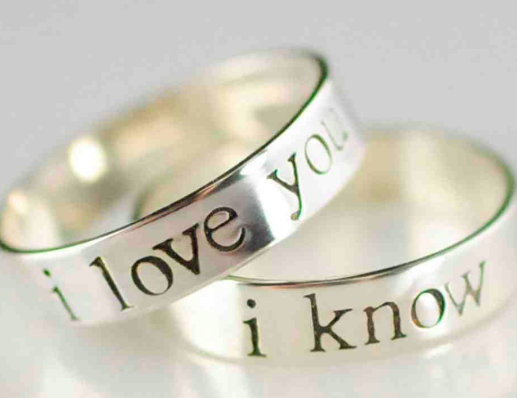


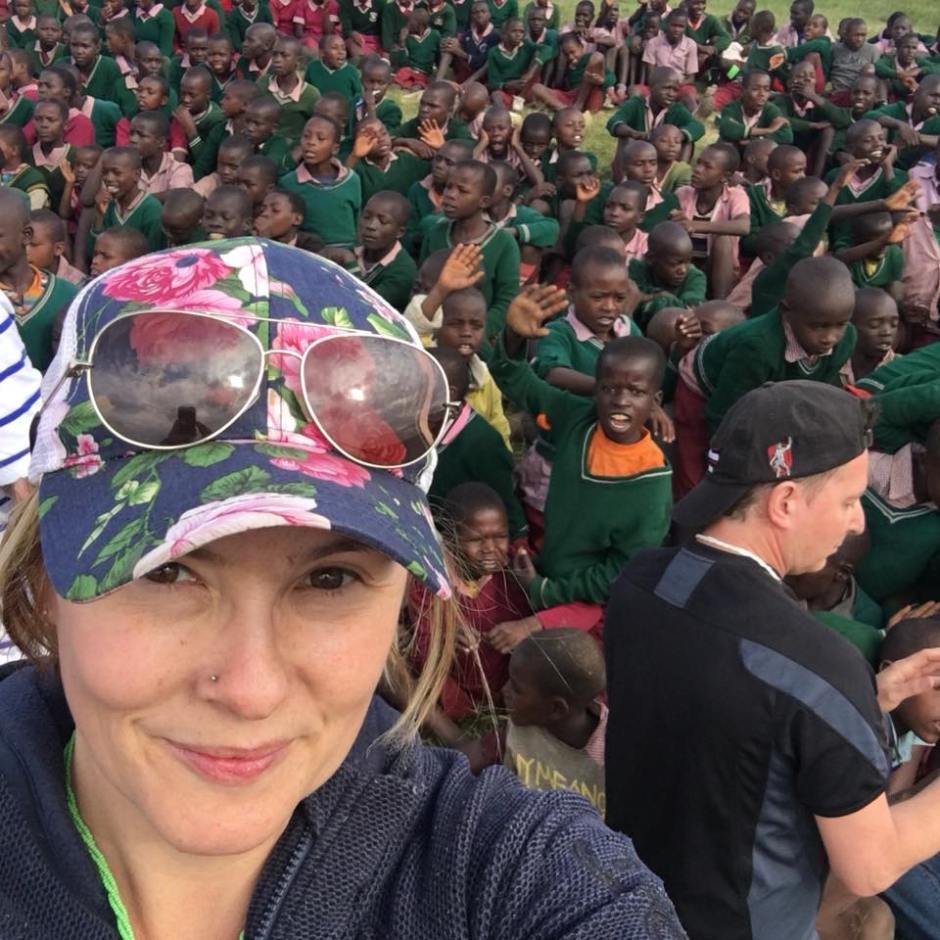


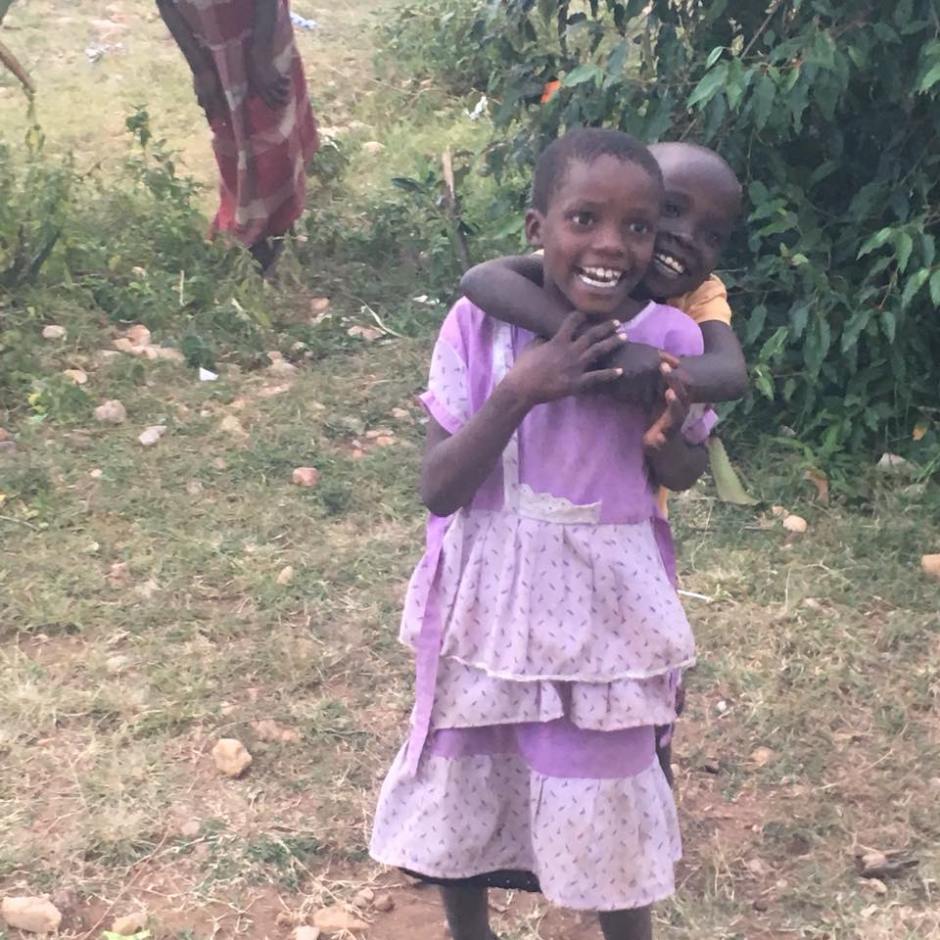
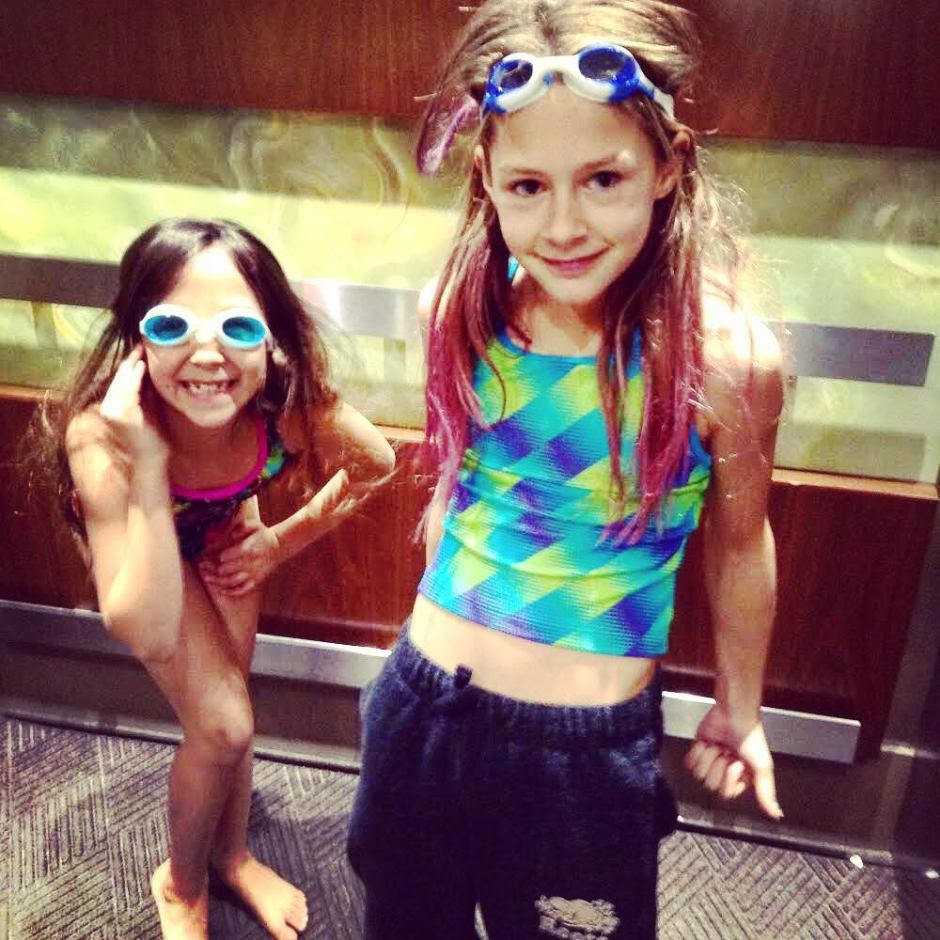
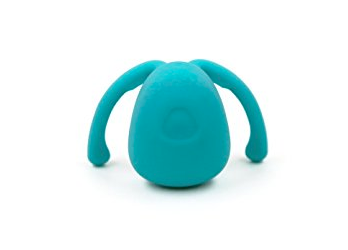 A long-married couple is in bed together one night about to get intimate when the wife suddenly decides to spice things up by turning on the lights. When she sees her husband standing before her holding a dildo she exclaims in horror, “Harold! I can’t believe you’ve been lying to me all these years. Explain yourself!” To which Harold replies, “I’ll explain this if you can explain our three kids.”
A long-married couple is in bed together one night about to get intimate when the wife suddenly decides to spice things up by turning on the lights. When she sees her husband standing before her holding a dildo she exclaims in horror, “Harold! I can’t believe you’ve been lying to me all these years. Explain yourself!” To which Harold replies, “I’ll explain this if you can explain our three kids.”